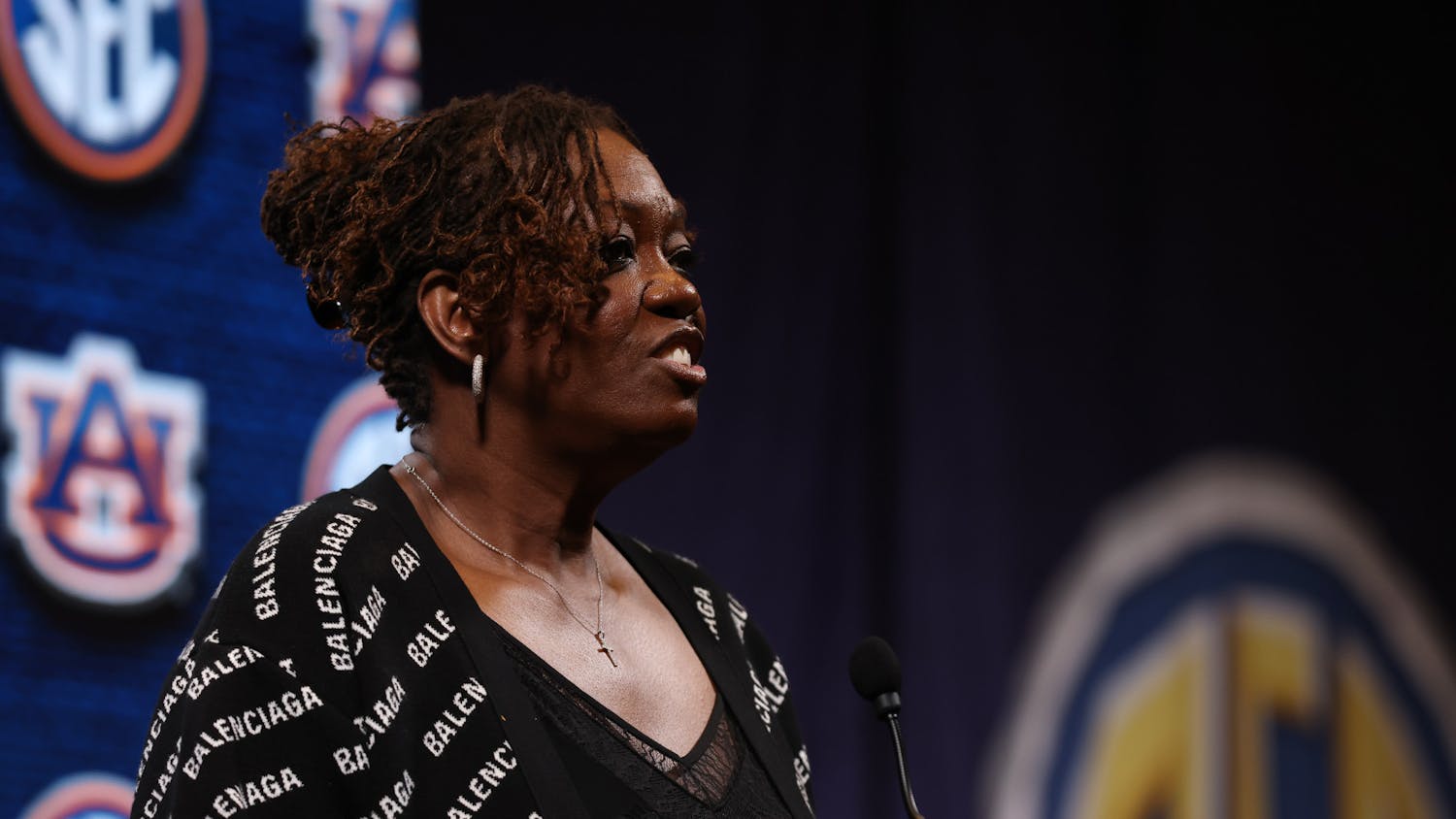While I am pleased the editorial board of the Auburn Plainsman has finally addressed an important issue and an ongoing national debate about higher education, it is disconcerting that our esteemed newspaper made the simplistic charge that "college education is not the answer for everyone" because of its high costs and diminishing returns, i.e., "school is more expensive than ever before" and "[t]here are fewer jobs for graduates than there's been in our entire lives."
I agree there are many opportunities available for those who do not wish to earn a four-year baccalaureate degree. Technical schools, vocational training and apprenticeships provide myriad avenues for success in a broad variety of fields.
Numerous empirical studies nevertheless show that a baccalaureate degree is the primary gateway to success and even happiness in America, outliers notwithstanding.
Indeed, many friends with whom I began my college career dropped out after a few semesters, saying college just wasn't for them. I stay in touch with many of them today, and they all resoundingly declare they wish to have finished their degree.
We can continue to critique the costs, accessibility and retention issues in higher education, but it will get us nowhere.
In "We're Losing Our Minds: Rethinking American Higher Education," Richard Keeling and Richard Hersh accurately recognize the crisis in American higher education.
"Other priorities--higher rankings, growing enrollment, winning teams, bigger and better facilities, more revenue from sideline business, more research grants--have replaced learning as the primary touchtone for decision making."
More importantly, it has taken the pressure off many universities to educate their students with the best and brightest minds in the disciplines. Those who remain share the burden of increasing economic strains, just as their students do.
Higher education imparts value and creates healthy citizenship in ways that Internet-based self-education, to paraphrase the Plainsman editorial board, never can match. The problems with higher education, such as costs and access, are important, but there are bigger problems.
Keeling and Hersh's April 12, 2012 article on insidehighered.com hits the nail on the head.
"Too many college graduates are not prepared to think critically and creatively, speak and write cogently and clearly, solve problems, comprehend complex issues, accept responsibility and accountability, take the perspective of others, or meet the expectations of employers."
This is and needs to be the current focus of higher education policy discussions in our national and state legislatures, on campuses across the country, and of course here at Auburn University. Indeed these are several of the learning outcome goals for which our university now strives and which external constituencies now expect.
Our University and its colleges excel in meeting these goals each and every year, in a state and nation with other institutions all competing for the same resources. Everyone and everything today seems to be a resource: faculty, with their stagnant salaries; students and potential students with rising tuition and incremental fee increases; and various other cutbacks and adjustments across the campus. But we're all in this together, and we're happy for a thriving Auburn University, even in lean times.
Students--student newspaper editorial boards and elected student representatives, moreover--should play a very important role in the discussion about the current and future role of higher education. Otherwise, we shall lack a voice in this crucial debate.
Creative solutions and a cultural shift will be required to meet the demands of the current political and economic realities and to change the institutional culture of higher education.
Rather than discouraging students and potential students from earning a four-year degree, let's have a conversation about how we can make that degree more effective in the 21st century.
I implore the 2012-2013 Plainsman staff to take seriously this important issue in the upcoming academic year.
David Adams
doctoral student,
political science
Do you like this story? The Plainsman doesn't accept money from tuition or student fees, and we don't charge a subscription fee. But you can donate to support The Plainsman.




